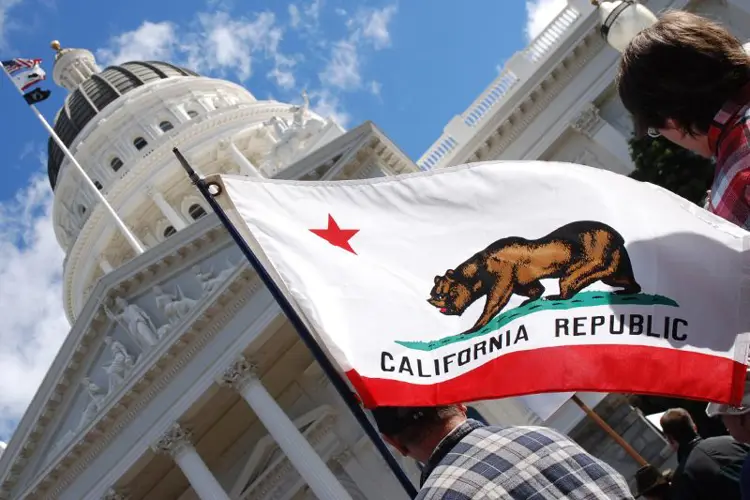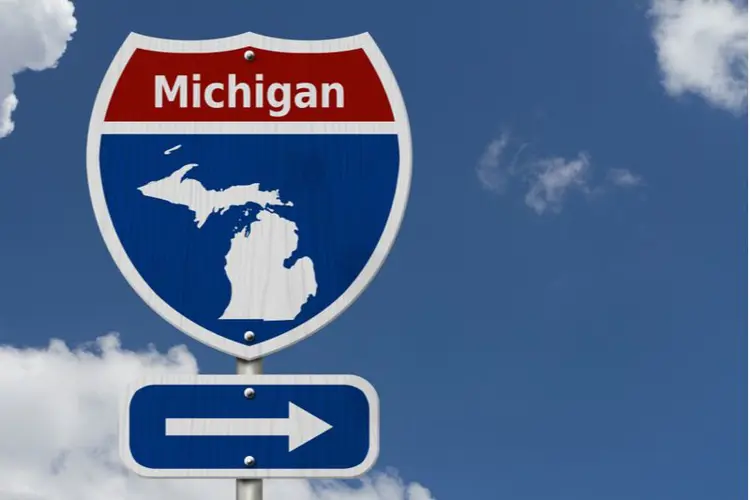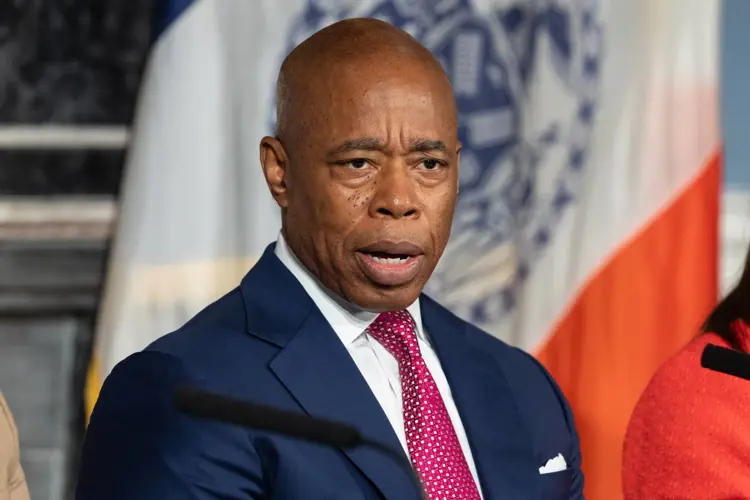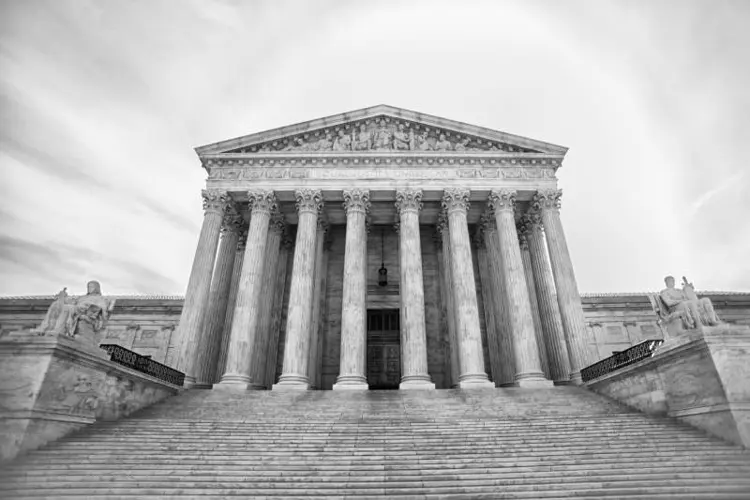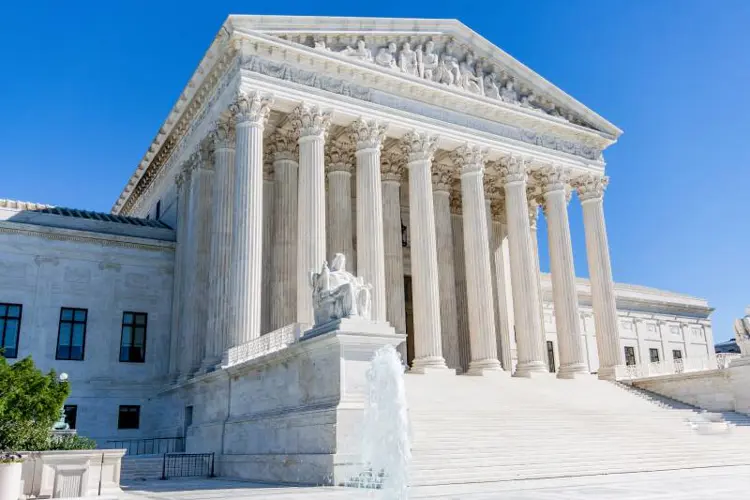August 3
Florida Governor Ron DeSantis will have to decide very soon on whether the state will allow sales of flavored vaping products. Whether DeSantis signs or vetoes the bill may very well depend on how many vapers and vape shop employees contact him to express opposition—because many of his political allies are pushing him to sign the bill.
The bill banning flavors except tobacco and menthol, SB 810,passed both houses of the Florida legislature way back in March. But because lawmakers passed an unusual volume of legislation in the last session (and because of the coronavirus-related demands on the governor's time), they have been sending bills in small batches to the governor all summer for his consideration.
The flavor ban has still not reached his desk—but it will any day now. [NOTE: He received the bill Sept.4.] Once he receives it, he will have 15 days to sign or veto the bill.
While many Florida vapers have used the CASAA call to action (see below) to send messages opposing SB 810, most haven’t. Despite months of feverish campaigning from industry organizations the Florida Smoke-Free Association and the Vapor Technology Association (VTA), a huge portion of the state’s 900,000 vapers still haven’t taken action. Time is running out quickly.
Research commissioned by VTA shows that a Florida flavor ban wouldresult in nearly $1.5 billion in negative economic impact to the state, which has one of the largest populations of vapers in the country. The vaping industry employs more than 5,000 Florida residents, and thousands more depend on income from the industry.
According to VTA, the Florida Office of Economic and Demographic Research (EDR) has reached similar conclusions. The state agency never conducted a full economic impact study of the bill, including the flavor ban, before it passed the legislature. That's probably because the flavor ban was a last-minute addition to the bill.
In addition to banning flavors, SB 810 raises the legal age to purchase vaping products to 21—a change required after last December’s passage of a federal ban on sales to those under 21. The flavor ban was added to the bill as an amendment late in the process, and pushed through without fanfare.
In fact, many supporters of the bill are disingenuously promoting it as being primarily a minimum age law, ignoring the restrictive flavor rules as though they barely matter. Juul Labs, for example, actually emailed their Florida customers, asking them to contact the governor to support the age restriction—without explaining that the bill also bans flavors other than tobacco and menthol.
Gov. DeSantis has indicated in the past that he would not ask the legislature to impose additional restrictions on vaping.
“The federal government’s doing stuff but I don’t think we need to do anything beyond what’s been done there,” DeSantis said in February. “Sometimes I think we maybe get a little ahead of where the science may be on this. So we’ll see. But I don’t have any plans to ask for any new restrictions on vaping.”
But that was before allies from his own party wrote and passed SB 810. The bill is supported by many of DeSantis’ fellow Florida Republicans, including the state’s attorney general. It was sponsored by Republican legislators in both the state house and senate, and passed both chambers by wide bipartisan margins.
Despite the widespread belief that most Republican legislators are supporters of vaping, many GOP lawmakers—both at the state level and federally—have begun to side with activist anti-vaping groups like the Bloomberg-funded Campaign for Tobacco-Free Kids and their astroturf “parents” groups.
The recent U.S. Senate passage of a bill that will ban Postal Service delivery of vaping products happened with no Republican opposition—not even a demand for a recorded vote. It was pushed through the Senate by Texas Republican John Cornyn, along with California Democrat Dianne Feinstein. That bill now awaits a House vote, and probable passage.
The truth is that stopping Florida’s flavor ban depends on the engagement of the state’s vapers, and the small businesses that serve them. Tens of thousands of Florida vapers have already sent messages to Gov. DeSantis, but hundreds of thousands still haven’t. It’s going to take a lot of opposing voices to convince a politician to go against the powerful interests—including his own political friends—that support restrictions on vaping.
The Freemax REXA PRO and REXA SMART are highly advanced pod vapes, offering seemingly endless features, beautiful touchscreens, and new DUOMAX pods.
The OXVA XLIM Pro 2 DNA is powered by a custom-made Evolv DNA chipset, offering a Replay function and dry hit protection. Read our review to find out more.
The SKE Bar is a 2 mL replaceable pod vape with a 500 mAh battery, a 1.2-ohm mesh coil, and 35 flavors to choose from in 2% nicotine.
Because of declining cigarette sales, state governments in the U.S. and countries around the world are looking to vapor products as a new source of tax revenue.
The legal age to buy e-cigarettes and other vaping products varies around the world. The United States recently changed the legal minimum sales age to 21.
A list of vaping product flavor bans and online sales bans in the United States, and sales and possession bans in other countries.







